Biosecurity Game Changers Fellowship
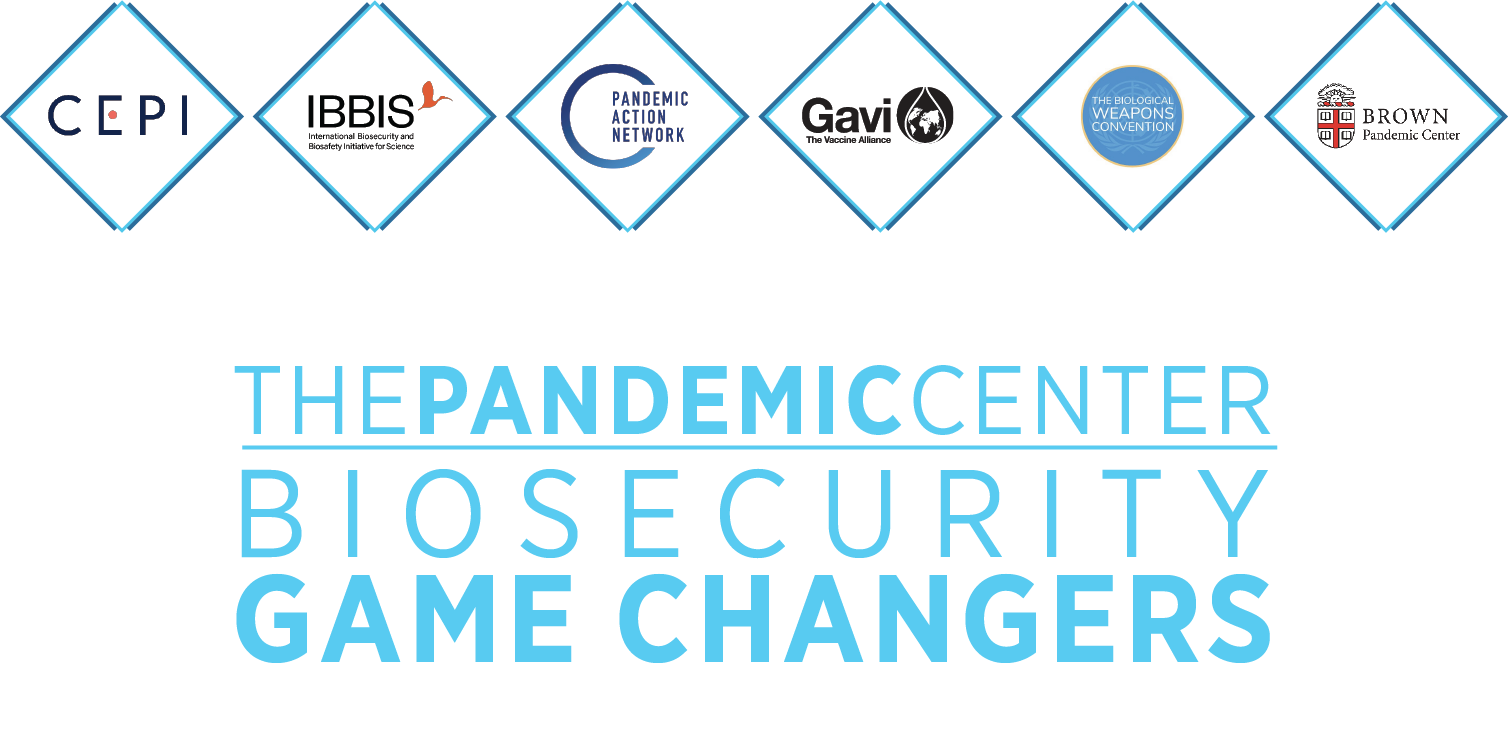
A new fellowship at the Pandemic Center at the Brown University School of Public Health launches with the announcement of the inaugural class of Biosecurity Game Changers, eight individuals who represent the next generation of leaders responsible for preventing and preparing for the worst case health security challenges.
The Brown Pandemic Center is partnering with the Coalition for Epidemic Preparedness Innovations (CEPI), Gavi, the Vaccine Alliance, the International Biosecurity and Biosafety Initiative for Science (IBBIS), Pandemic Action Network (PAN), and the Biological Weapons Convention Implementation Support Unit (BWC ISU) to provide an operational base for the fellows, selected for their potential to impact and lead in biosecurity and pandemic preparedness and response. The program is informed by consultation with international and normative entities, including the Africa Centres for Disease Control and Prevention and the World Health Organization Global Health Emergency Corps.
The year-long fellowship kicks off in September with an in-person meeting in Addis Ababa, Ethiopia and a policymaking workshop for early-to-mid-career public health champions, including the fellows. During the year, fellows will collaborate on an operational project with either the Pandemic Center or one of the partner organizations focused on a specific aspect of improving biosecurity, biosafety and/or pandemic preparedness and response. Each fellow will also receive a Brown faculty appointment for the duration of their fellowship.
Game Changers Fellows | 2024
-
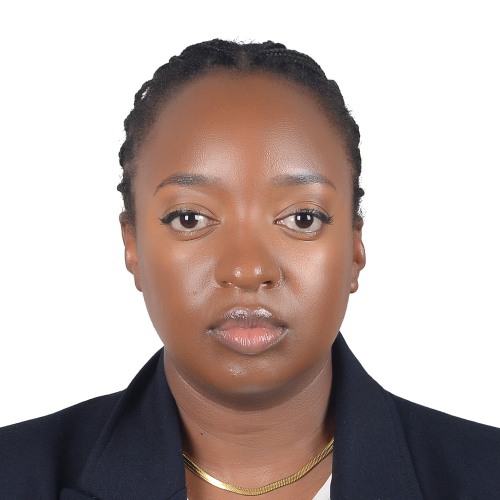
Faith Bagamuhunda
Game Changers Fellow | 2024 -
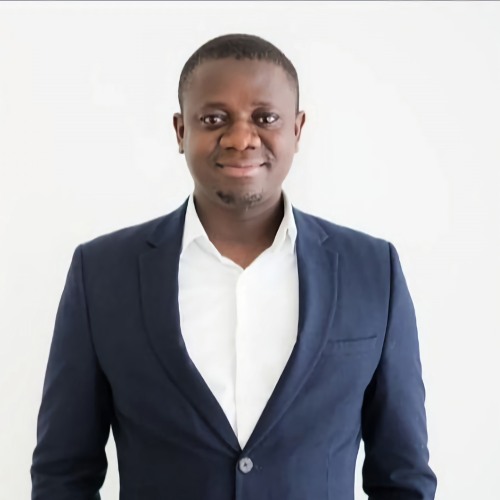
Kelly Elimian
Game Changers Fellow | 2024 -
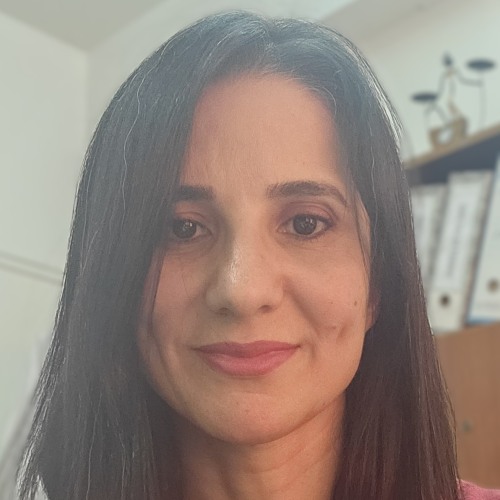
Sana Masmoudi
Game Changers Fellow | 2024 -
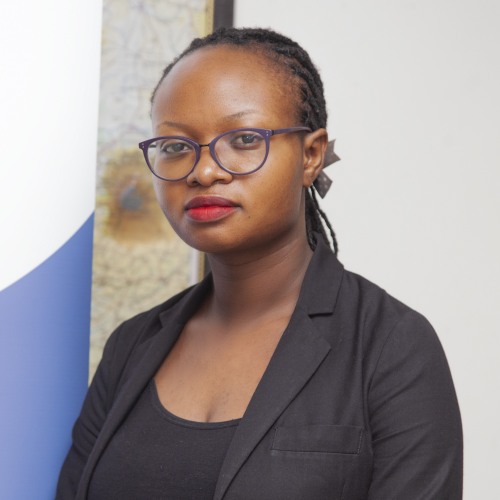
Sandra Matinyi
Game Changers Fellow | 2024 -
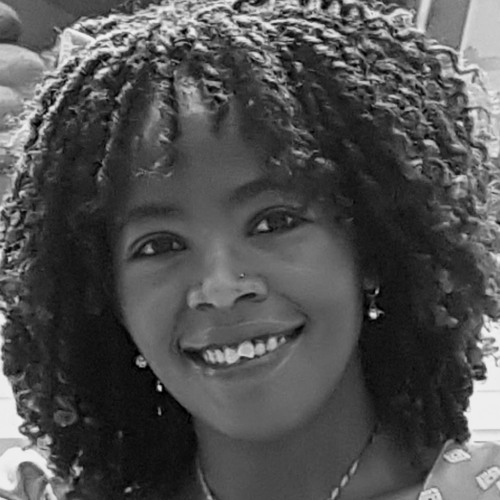
Diana Nasike
Game Changers Fellow | 2024 -
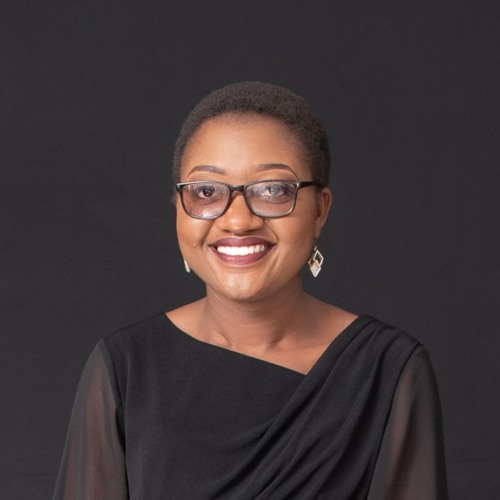
Thokozani Nyasulu-Liwewe
Game Changers Fellow | 2024 -
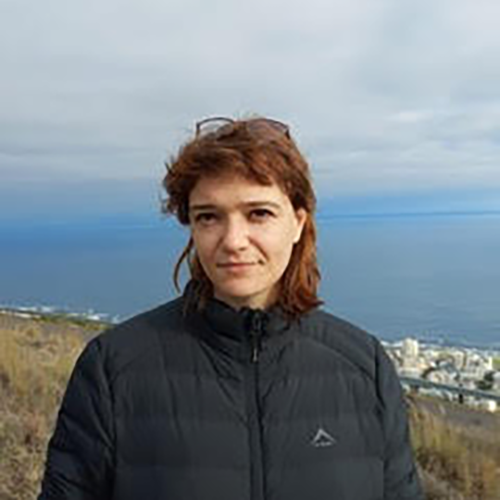
Edyth Parker
Game Changers Fellow | 2024 -

Jon Arizti Sanz
Game Changers Fellow | 2024
“ The Biosecurity Game Changers Initiative aims to fundamentally change how biosecurity leaders are trained and to help them build the global networks they will need. ”
At the Pandemic Center, this effort is being led by Senior Advisers to the Center and Professors of the Practice Beth Cameron, Ph.D., and Wilmot James, Ph.D.
“Through this fellowship, we aim to facilitate global champions and leaders who have the skills to lean forward faster and effectively to prevent, detect and respond to a worst case biological scenario,” said Cameron. “This fellowship is unique in its placement opportunities across leading and groundbreaking organizations where fellows will learn and build stronger biosecurity bridges among these instrumental organizations,” said Cameron. “I am thrilled that this incredibly impressive group of next generation leaders will join us next year to build this effort and a brighter future.”
Said James: “Working with young leaders on these critical challenges is one of the most meaningful and rewarding things we can do, as they will shape our futures. Using the best expertise, tools, technology and systems we have developed over the course of many epidemics and one pandemic in recent times, tomorrow’s leaders have a special opportunity to prevent and respond to future disasters by making better decisions.”
Fellowship Leaders
-
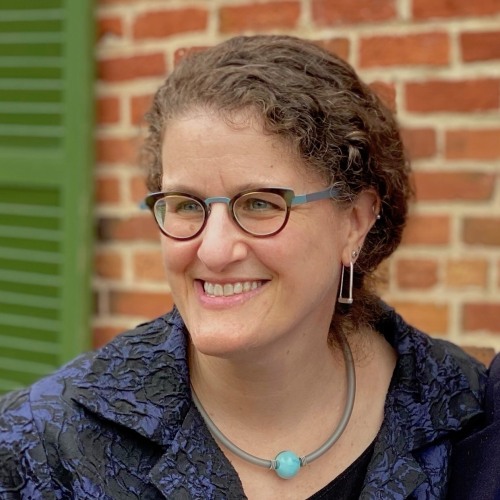
Elizabeth (Beth) Cameron, Ph.D.
Senior Adviser to the Brown Pandemic Center, Professor of the Practice of Health Services, Policy and Practice at the Brown University School of Public Health -
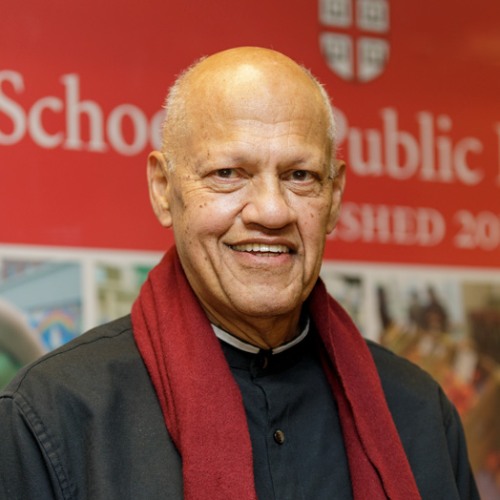
Wilmot James, Ph.D.
Senior Adviser to the Brown Pandemic Center, Professor of the Practice of Health Services, Policy and Practice at the Brown University School of Public Health
The Biosecurity Game Changers Fellowship is being implemented by the Pandemic Center in partnership with collaborating institutions focused on solutions at the intersection of biosecurity and global health, including CEPI, IBBIS, the Pandemic Action Network, the BWC Implementation Support Unit, and Gavi. You can learn more about each of our collaborators each fellow is partnered with below.
.png)
The Coalition for Epidemic Preparedness Innovations (CEPI) is an innovative partnership between public, private, philanthropic and civil organizations. Its mission is to accelerate the development of vaccines and other biologic countermeasures against epidemic and pandemic threats so they can be accessible to all people in need. CEPI has supported the development of more than 50 vaccine candidates or platform technologies against multiple known high-risk pathogens or a future Disease X. Central to CEPI’s pandemic-beating five-year plan for 2022-2026 is the ‘100 Days Mission’ to compress the time taken to develop safe, effective, globally accessible vaccines against new threats to just 100 days.
The International Biosecurity and Biosafety Initiative for Science (IBBIS) is an independent, international organization dedicated to realizing a world in which bioscience and biotechnology can advance and flourish safely and responsibly. We work collaboratively with global partners to strengthen biosecurity norms and develop innovative tools to uphold them. IBBIS undertakes this work to safeguard science and reduce the risk of catastrophic events that could result from deliberate abuse or accidental misuse of bioscience and biotechnology. We are looking for self-motivated, passionate future leaders who are looking for a stepping stone towards a career in biosecurity. Successful candidates will be offered the opportunity to manage a substantial biosecurity-related project, from start to finish. Our current focus is primarily on gene synthesis screening and have identified a wide range of challenging, rewarding, and highly necessary technical and policy-oriented projects.

.png)
Pandemic Action Network (PAN) is a civil society network launched in 2020, now comprising more than 400 partners across sectors from across the world, working to build and sustain political will, enact policies and mobilize resources to ensure humanity is better prepared to stop disease outbreaks from becoming pandemics. Current strategic areas of focus include: networked advocacy to drive equitable access to pandemic countermeasures, sustainable financing to strengthen local and regional pandemic prevention, preparedness and response (pandemic PPR) capacity, systemic reforms—such as through the pandemic agreement—to ensure strong governance and accountability on pandemic PPR and a push for climate-resilient, pandemic-resilient health systems.
Gavi, the Vaccine Alliance (Gavi), is a public-private partnership that helps vaccinate more than half the world’s children against some of the world’s deadliest diseases. The Vaccine Alliance brings together developing country and donor governments, the World Health Organization, UNICEF, the World Bank, the vaccine industry, technical agencies, civil society, the Bill & Melinda Gates Foundation and other private sector partners. Since its inception in 2000, Gavi has helped to immunize a whole generation – over one billion children – and prevented more than 17.3 million future deaths, helping to halve child mortality in 78 lower-income countries. Gavi also plays a key role in improving global health security by supporting health systems as well as funding global stockpiles for Ebola, cholera, meningococcal and yellow fever vaccines. After two decades of progress, Gavi is now focused on protecting the next generation, above all the zero-dose children who have not received even a single vaccine shot. The Vaccine Alliance employs innovative finance and the latest technology – from drones to biometrics – to save lives, prevent outbreaks before they can spread and help countries on the road to self-sufficiency
.png)
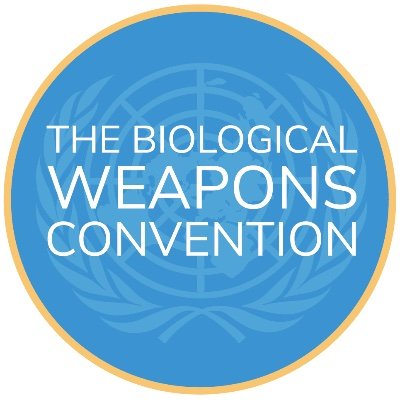
The Biological Weapons Implementation Support Unit
(BWC ISU) is part of the United Nations Office for Disarmament Affairs and supports the implementation of the Biological Weapons Convention. The ISU supports States Parties’ efforts to implement the decisions and recommendations of the review conference, serves as an information exchange point for national implementation, collates national measures to implement all aspects of the Convention, as well as biosafety and biosecurity obligations, assists States Parties in meeting the obligations to translate the BWC into effective domestic measures, provides support and assistance for Confidence-Building Measures, provides support and assistance for obtaining universality of the Convention, and helps coordinate assistant requests.
The Pandemic Center at the Brown University School of Public Health works to reduce vulnerabilities and increase resilience to pandemics and other biological emergencies, and the harms they pose to health, peace, security and prosperity. The center seeks to expand knowledge on pandemic preparedness and response capacities through research and put them into practice by actively engaging with decision-makers to enact lasting change.
.png)
The Biosecurity Game Changers Fellowship is also in part to consultation with international and normative entities, including the Africa Centres for Disease Control and Prevention and the World Health Organization Global Health Emergency Corps. See links below to these important supporters to our fellowship.